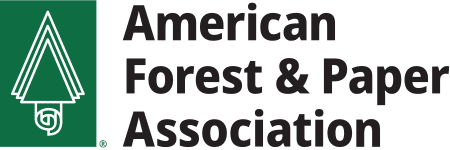Are All Boxes Recyclable?
Do you know how to recycle paperboard packaging?
Sometimes, it can be hard to determine whether certain packaging can be recycled. In most cases, they can be! Let's focus on paperboard boxes.
What is paperboard packaging?
Paperboard is a lightweight, recyclable material often used for food and dry products. Things like cereal boxes, juice boxes and milk cartons. Bakery boxes, what your delicious donuts and pastries come in, are also paperboard. Paperboard is also used for medicine, cosmetics, shoe and tissue boxes.
Unlike cardboard boxes, paperboard is much thinner. Cardboard has 3 layers, including what’s called a fluted corrugating medium to make it stronger and sturdier to ship products.
Can all paperboard be recycled?
Yes! All paperboard can be recycled. Even the packaging with polyethylene coating - the plastic substance found on juice boxes and milk cartons. This coating is recycled separately from the paperboard. All you need to do is flatten the box and place it in your recycling bin. Always check your local guidelines before recycling.
Can I recycle paperboard if it’s wet?
Paper fibers break down when they’re wet, so it’s important to keep your recycled paper dry. Paperboard that gets wet the same day it is put out for collection is fine. Check your local guidelines for more guidance.
What happens to paperboard packaging after it's recycled?
As with your other paper recyclables, paperboard packaging is sent to a Materials Recovery Facility where it is separated from other materials like metals and plastic.
Then the paperboard boxes are baled and sent to paper mills, where the recycling process truly begins.
The paper is broken down in a pulper, which looks like a giant blender. The pulp from the paperboard then goes onto a screen on the paper machine where it’s dried and then rolled. Then, it’s sent to a converter to be turned into something new.
Why should I recycle paperboard?
Paper recycling is a success in part because of the millions of people who recycle every day. The paper industry needs your recycled paper products to make new products. When you recycle correctly, you are doing your part to advance a circular economy and create a more sustainable future.
